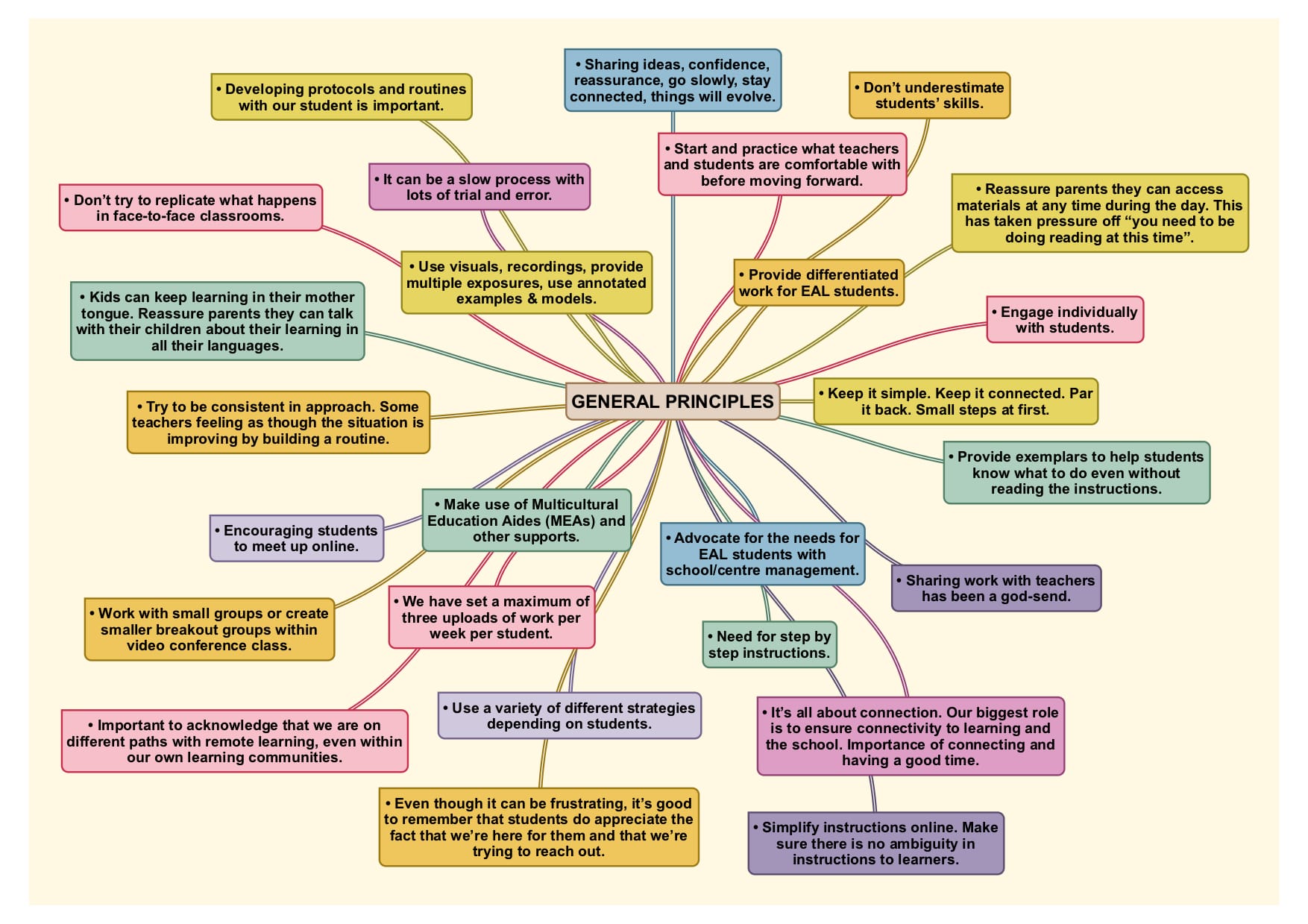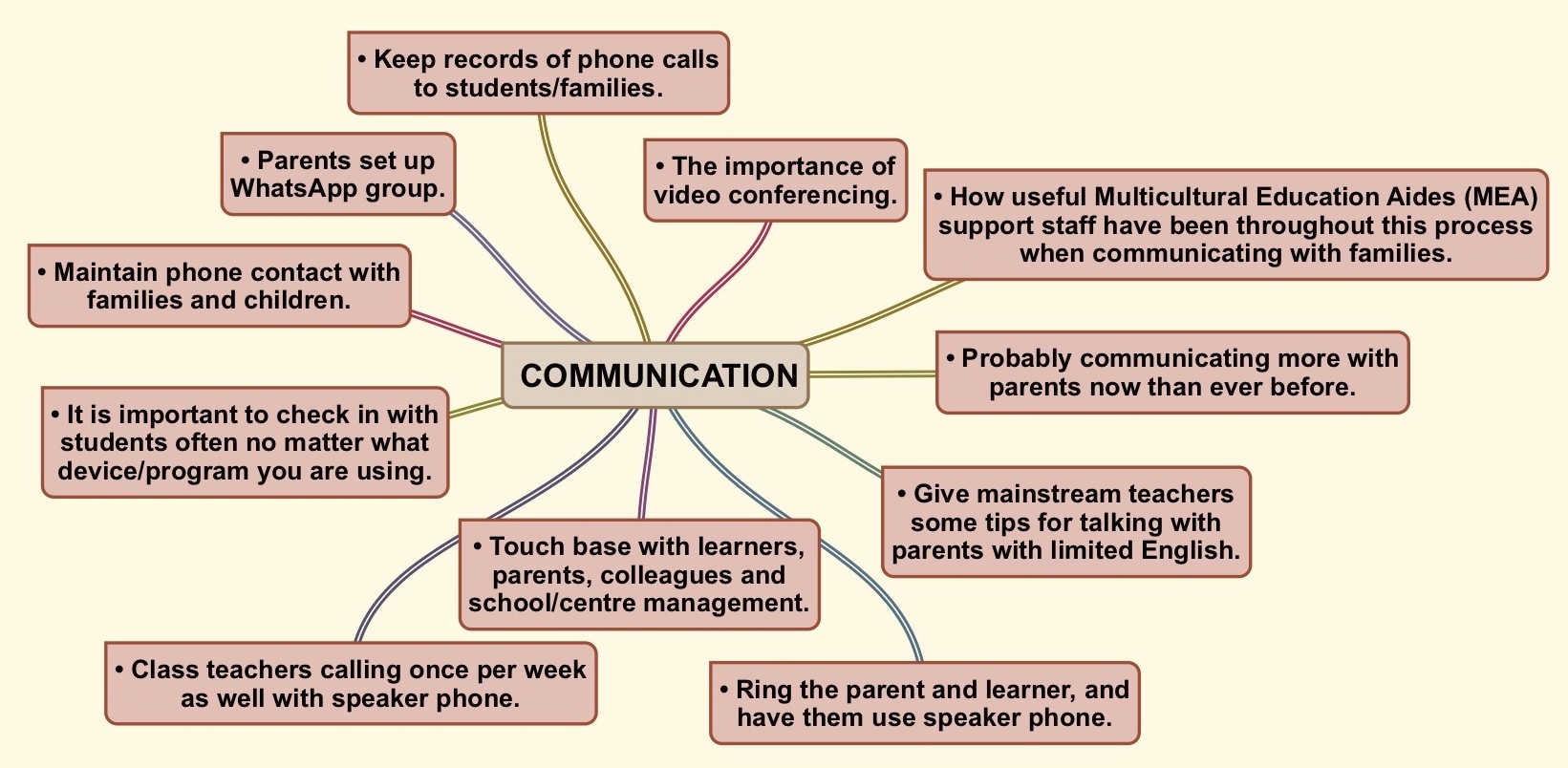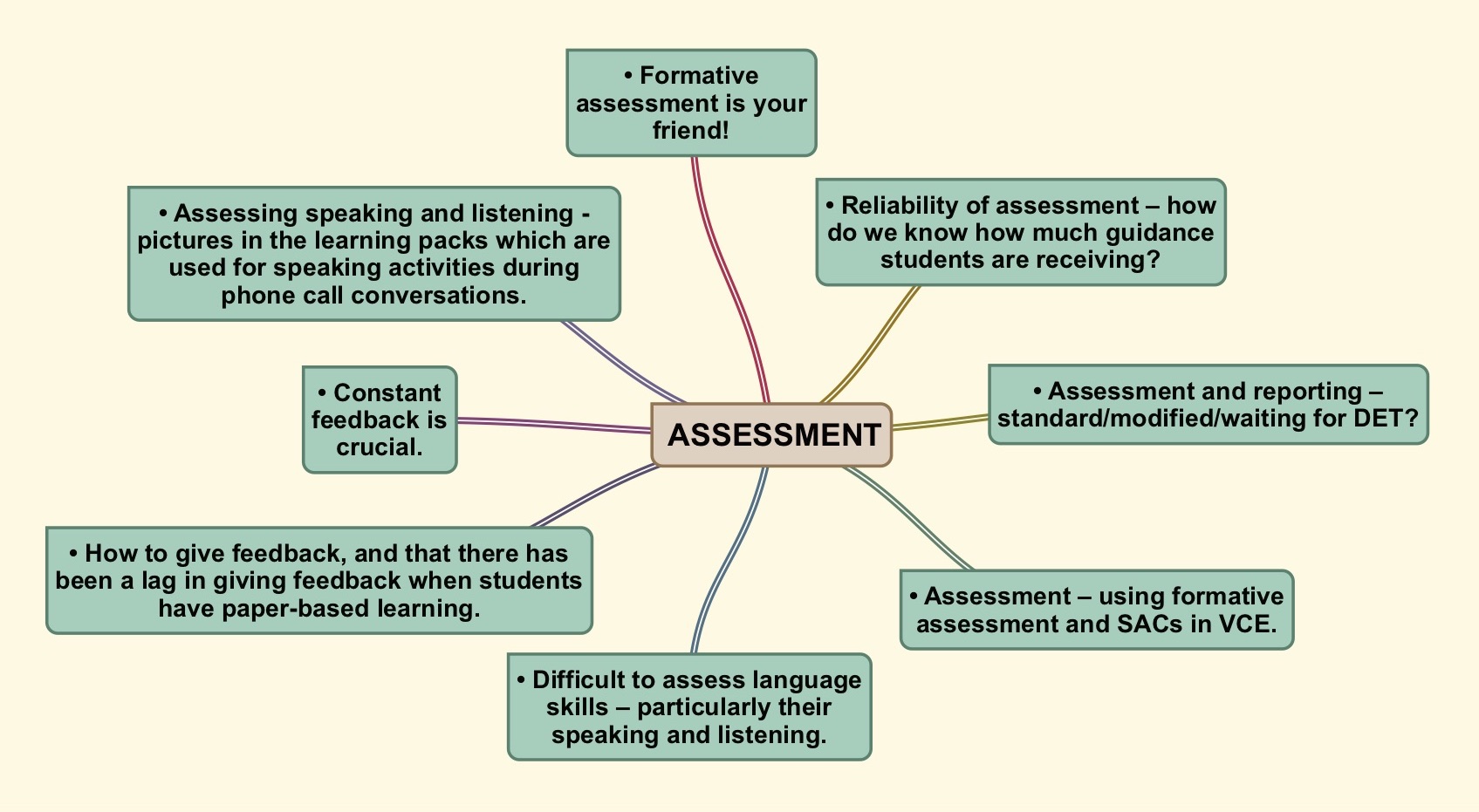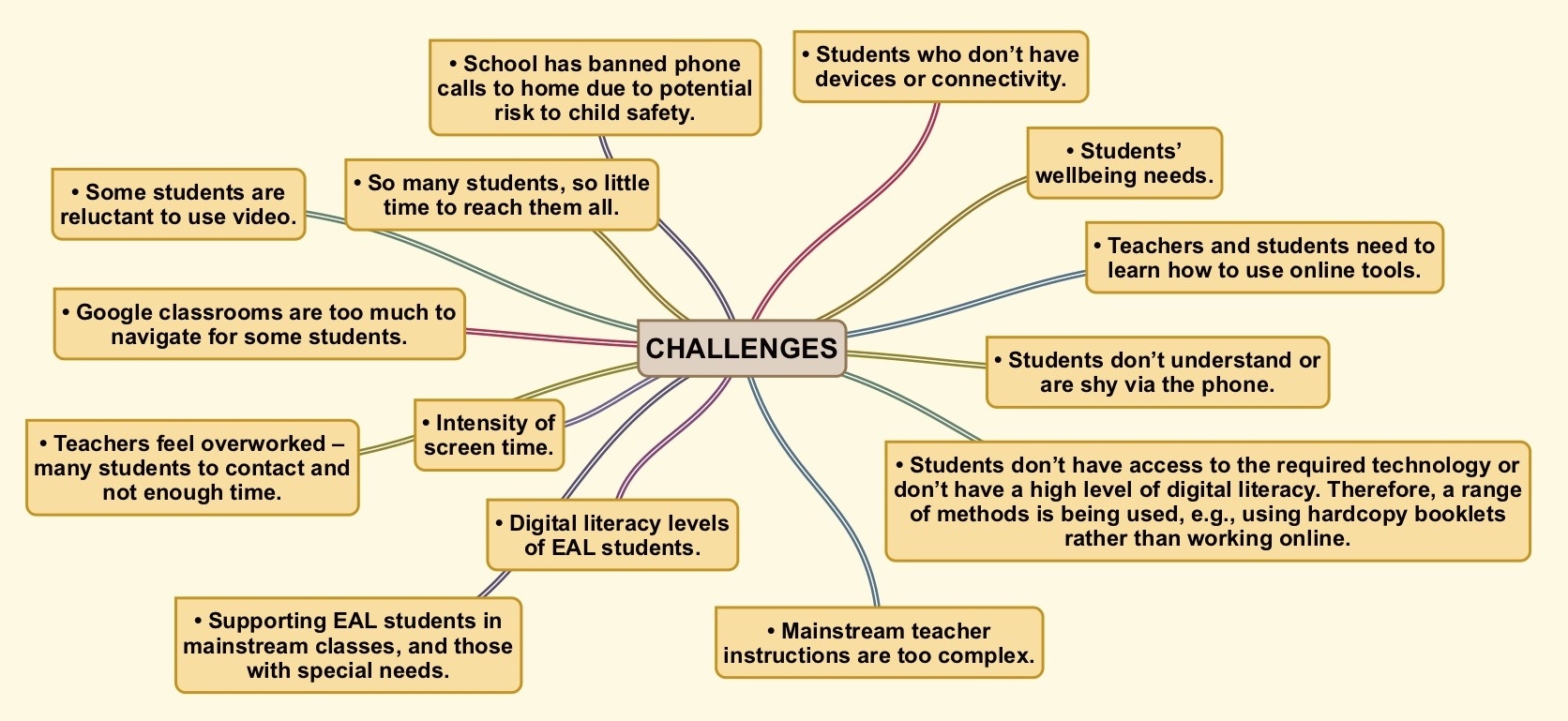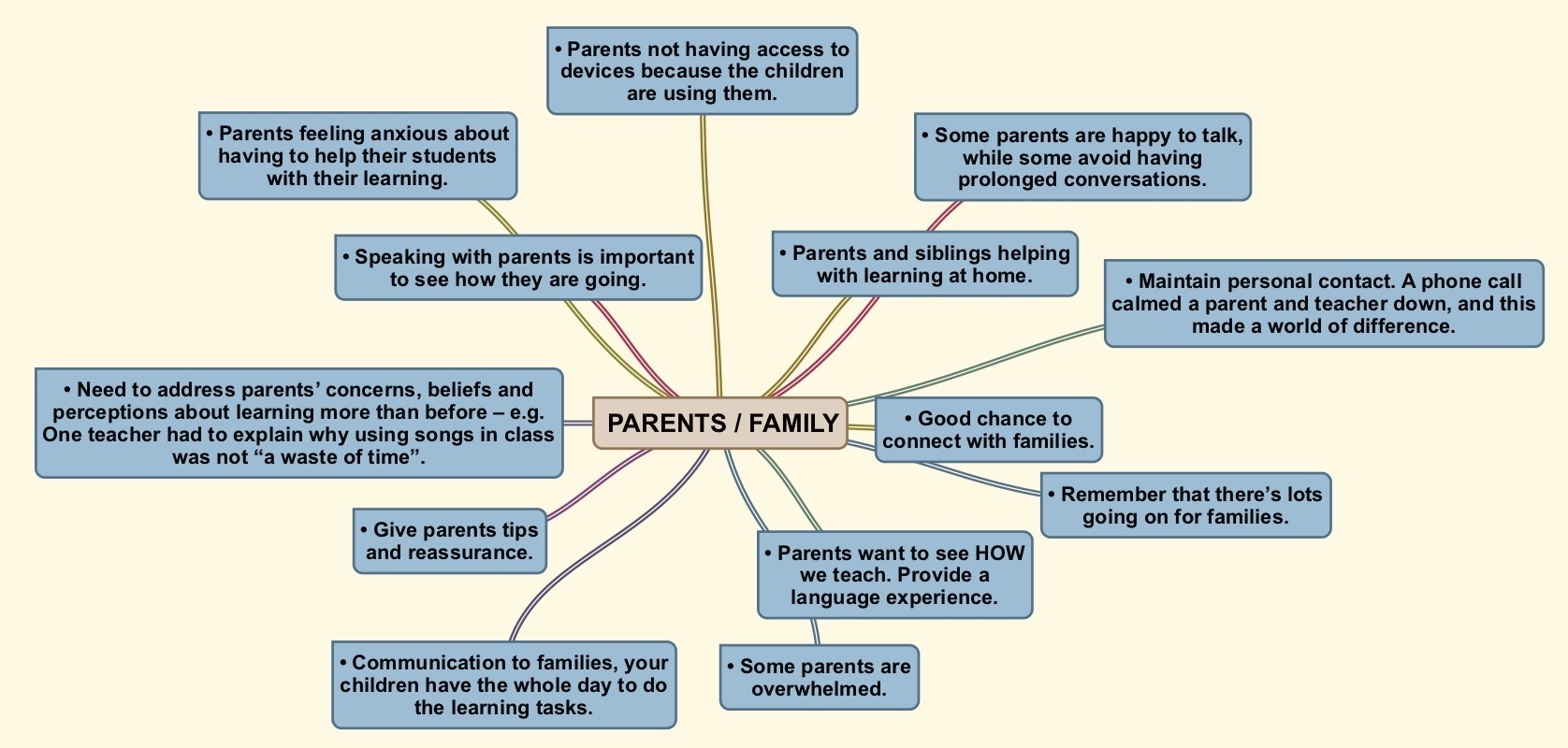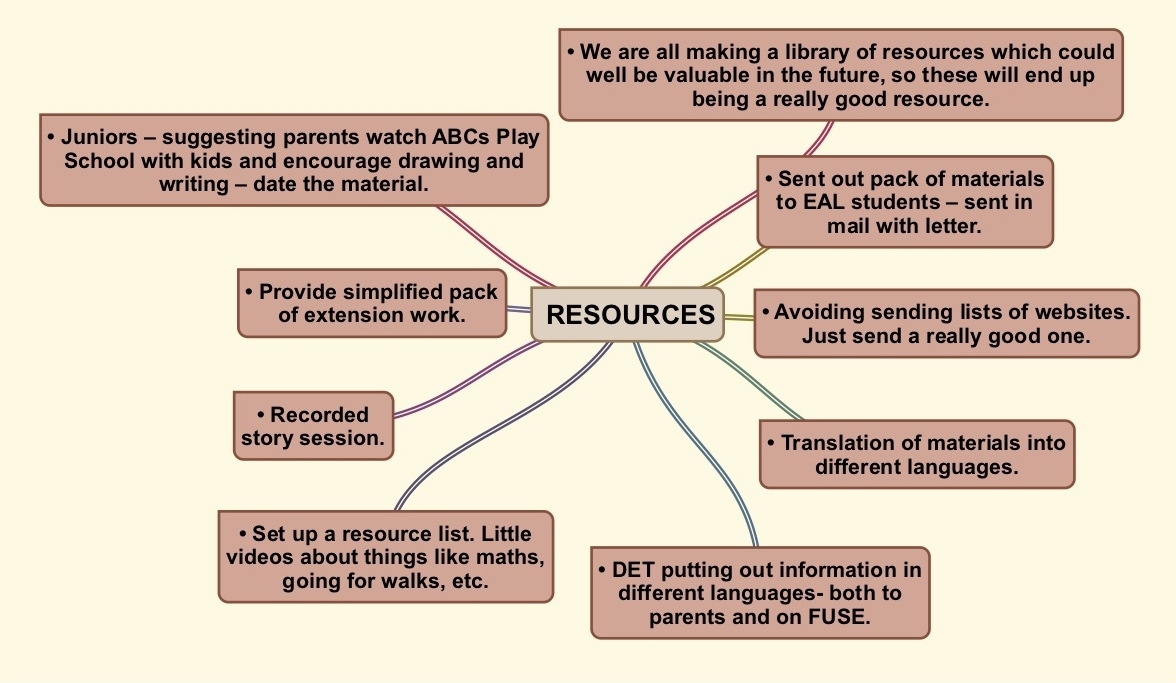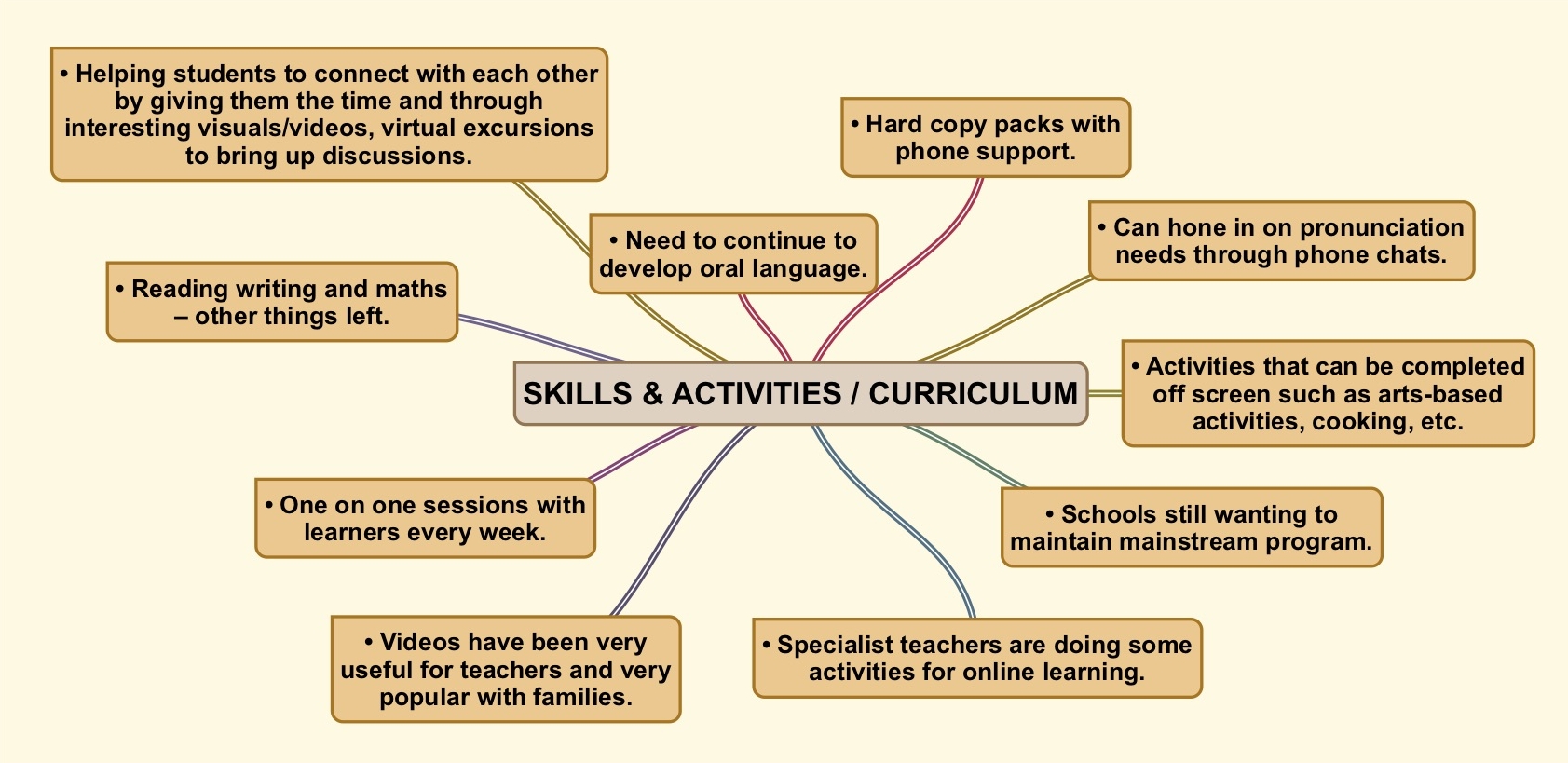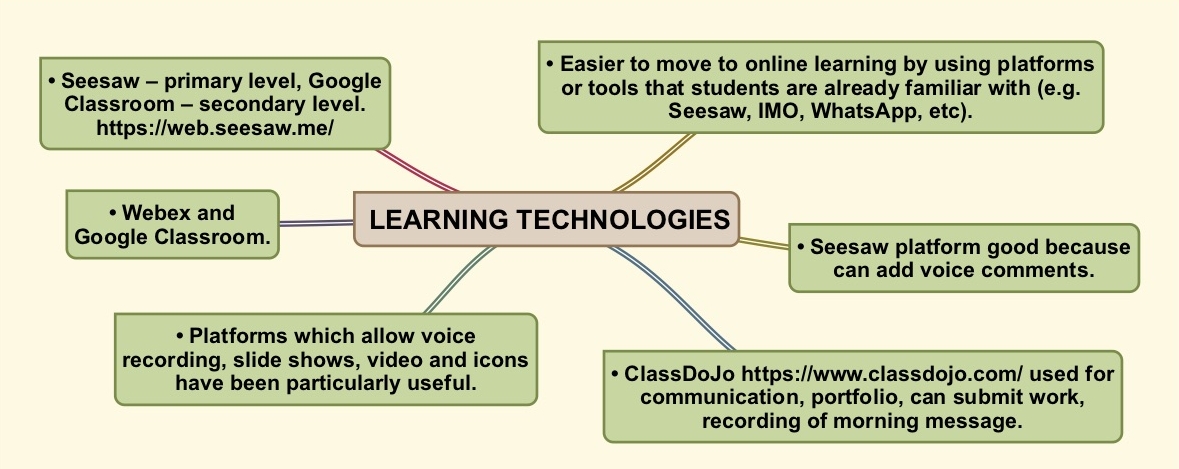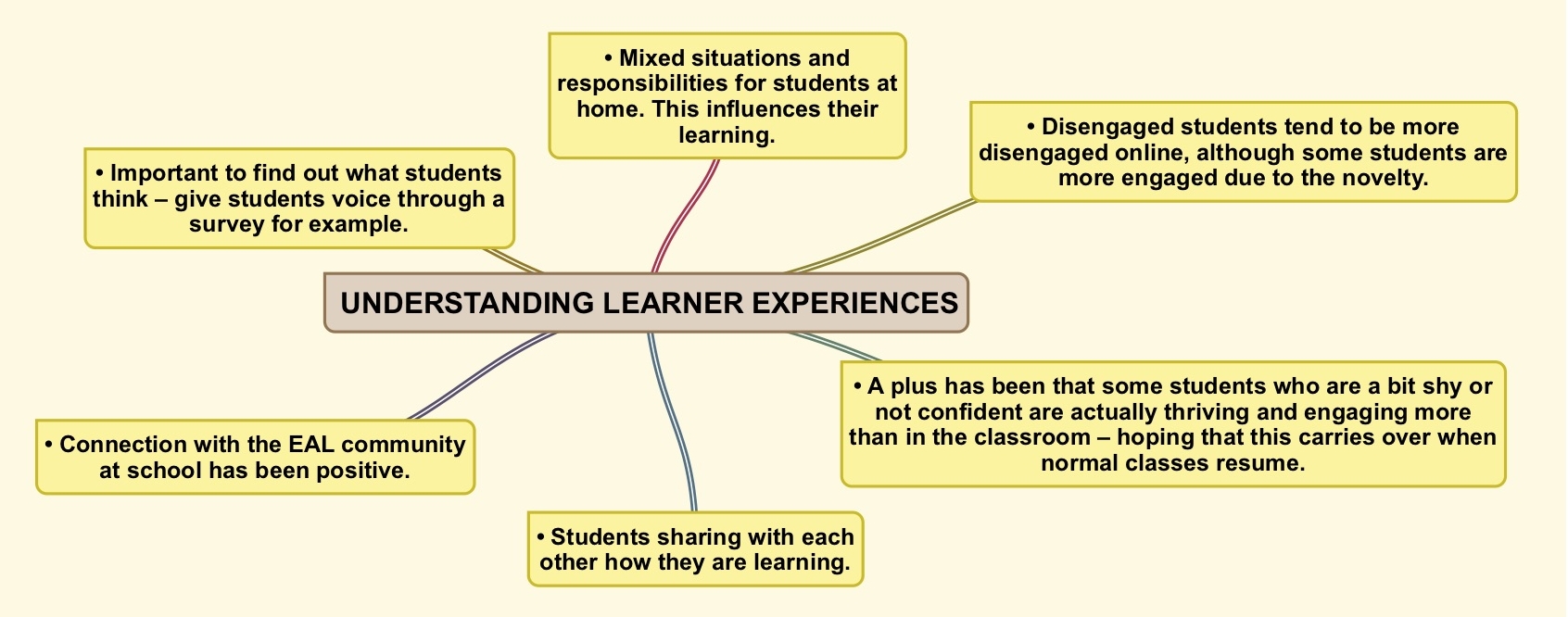VicTESOL, the state association for Teachers of English to Speakers of Other Languages (TESOL) & Multicultural Education, held our annual Symposium on Tuesday 31 August. This was live online event from 4-5:30pm AEST. For this event, we had a panel of speakers, experts in TESOL and multicultural education and related fields who discussed what they see as implications of the COVID pandemic for the field of teaching English as an Additional Language (EAL) in Victoria and Australia.
They discussed what TESOL might look like in the next few years and in the longer term as a result of what we are currently experiencing. With the pausing and slowing of some programs during the pandemic, is there a chance that TESOL and other programs may change? Is there a chance that while there are no new arrivals that existing programs and services will be affected, not only in the short term, but also in the longer term? How might this look? What might be some of the advantages of possible changes? What might be some less positive consequences of change during and post COVID? What can we do to prepare ourselves for ensuring we maintain and build on the quality of EAL and associated learning and support that has been established over many, many years?
You can view the recording of the event here:
Panelists:
Jessica Bishop, Migrant Information Centre (Eastern Melbourne)
Margaret Corrigan, CEO of Carringbush Adult Education and President of the Australian Council of TESOL associations
Dr Susan Creagh, Honorary Senior Lecturer, School of Education, The University of Queensland
Associate Professor Russell Cross, Language and Literacy Education, Melbourne Graduate School of Education
Carmel Guerra, Director and Chief Executive Officer, Centre for Multicultural Youth
Mark Melican, Principal of Blackburn English Language School
Matt Rodger, Senior Schools Support Officer – RESP Education & Early Years Program Practice & Sector Development, The Victorian Foundation for Survivors of Torture
Chermaine Thomas, Melbourne Archdiocese Catholic Schools Ltd (MACS)
The panel was chaired by Dr Shem Macdonald, VicTESOL President and Lecturer at La Trobe University.
To view the collated comments of participants from the registration process, see below. Participants were asked to identify one positive and one negative coming out of their experience of working in the TESOL field during the pandemic. .
During the session there was great engagement in the chat and Q&A. We have collated and edited the responses which can be viewed here:
The recent issue of TESOL in Context contains an editorial related to the topic covered in today’s session. It is referred to within the symposium event.
Teaching and learning English in the age of COVID-19: Reflecting on the state of TESOL in a changed world
To access this, click here:
https://ojs.deakin.edu.au/index.php/tesol/article/view/1427
Many thanks to all who were involved in this event.


